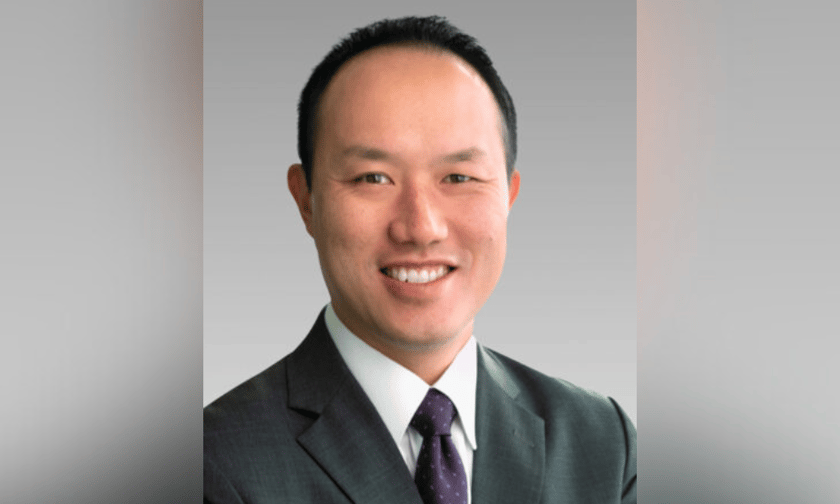

Succession planning is critical for the long-term sustainability of any independent insurance brokerage.
Whether owners and key executives are preparing for retirement or unexpected transitions, having a well-thought-out succession plan ensures that the business remains strong, clients are well-served, and employees feel secure.
But, often, independent brokerage owners make the same key mistake: waiting too long to start. An expert Insurance Business spoke to said planning should ideally begin at least two to three years before the anticipated transition.
“Early planning gives you more time to explore options. If you wait until the last minute, your choices will be limited,” said Alex Wong (pictured top), insurance practice leader at Vancouver-based consultancy Smythe LLP.
“For most brokerages, last-minute decisions often lead to selling to a consolidator. While that can work, it’s not ideal if your succession plan involves selling to employees, management, or family,” Wong continued. “Those transitions require careful planning and can take two to three years to execute properly.”
Even if an owner’s goal is to sell to a consolidator, starting early can significantly enhance the brokerage’s value, Wong added. Owners who wait until they’re ready to retire and want to sell immediately often miss opportunities to maximize their valuation.
“Whether it’s an internal or external transition, the sooner you begin, the better positioned you’ll be for a successful outcome,” he said.
Here are a few steps independent brokerage owners can take to kickstart their planning process:
The first step of succession planning is defining what success looks like. If the primary goal is maximizing value, a third-party sale is often the best option.
However, if preserving legacy and culture, or keeping the business within the family is a priority, those non-financial factors may outweigh the desire for the highest valuation, leading to a preference for internal succession.
Wong said internal succession can take longer in today’s market. Starting early then also gives owners flexibility to adapt the plan as circumstances change, whether it's market dynamics, the availability of successors, or unforeseen events.
“Brokerage evaluations are high, so it can be more challenging for family members, employees, or management teams to afford to do those buyouts. It takes a lot more planning to figure out,” Wong said.
For many independent brokerages, an ideal successor might already be part of the team. Employees or family members who have demonstrated leadership potential, an in-depth understanding of the business, and strong client relationships could be strong candidates.
How can owners navigate these conversations with potential successors? “This is one of the toughest questions brokers face, and it often leads to procrastination because they don’t know how to start the conversation,” said Wong.
“While there’s no one-size-fits-all answer, the key is to have upfront discussions sooner rather than later to align expectations.”
For example, parents might assume their children want to take over the business, only to find out later that the kids aren’t interested. Conversely, the next generation may want to take over but can’t afford the valuation their parents expect. Wong pointed out that these misalignments can derail succession plans if not addressed early.
“Having the conversation early ensures that both parties can either work toward a mutually beneficial plan or pivot to alternative options,” said Wong. “Awkwardness is inevitable if there’s disagreement, but addressing it early allows time to adjust plans and avoid bigger issues down the road.”
A robust succession plan should address more than just leadership transition. Key elements should include:
“For an internal succession, owners need to assess what is financially enough for them and be prepared to accept a lower valuation or a longer payout period,” Wong noted. “Aligning the succession plan with financial objectives is crucial to making the right decision.”
One common pitfall in succession planning isn’t the financials or the deal itself—it’s the leadership transition. A key question is whether the next generation has been properly groomed and given enough opportunities to run the brokerage.
According to Wong, many retiring owners express concerns like, “My child is a great producer and knows insurance, but I’m not sure they’re ready to lead the brokerage.”
“Often, these individuals are in their 40s, but their parents still see them as untested,” he said. “To address this, the outgoing leadership should gradually give the next generation more responsibility and autonomy while acting as mentors rather than stepping in to fix every mistake. Allowing them to learn through experience is essential to building their confidence and capability to lead.”
Even after the handover is complete, the work isn’t done. Outgoing leaders should continue monitoring the transition to ensure smooth operations, offer support and guidance to the new leadership as needed, and communicate transparently with clients and employees.
“If the owner still handles a significant client book or is the primary point of contact, transitioning those relationships is essential,” Wong said. This might involve introducing the successor or involving other producers to ensure continuity.
Wong also underscored the value of a professional third-party advisor. “Owners often struggle with biases, which is why bringing in an objective advisor can be invaluable,” he said.
“A trusted external perspective can assess the owner’s roles, the team’s potential, and even address concerns like whether family members are ready to lead.”
Do you have any tips or advice to share on brokerage succession planning? Please leave them in the comments below.
